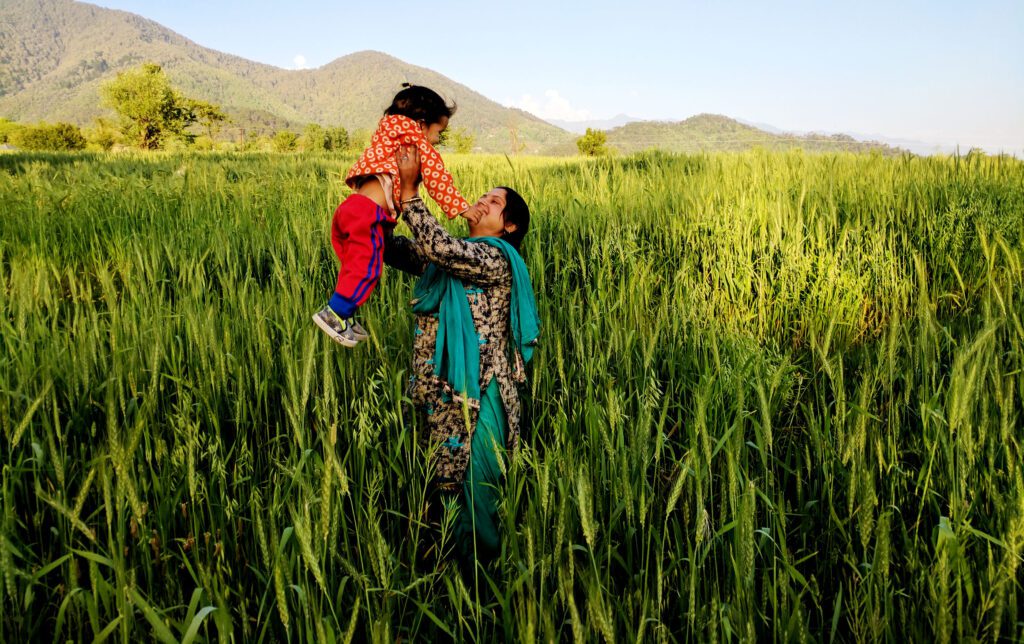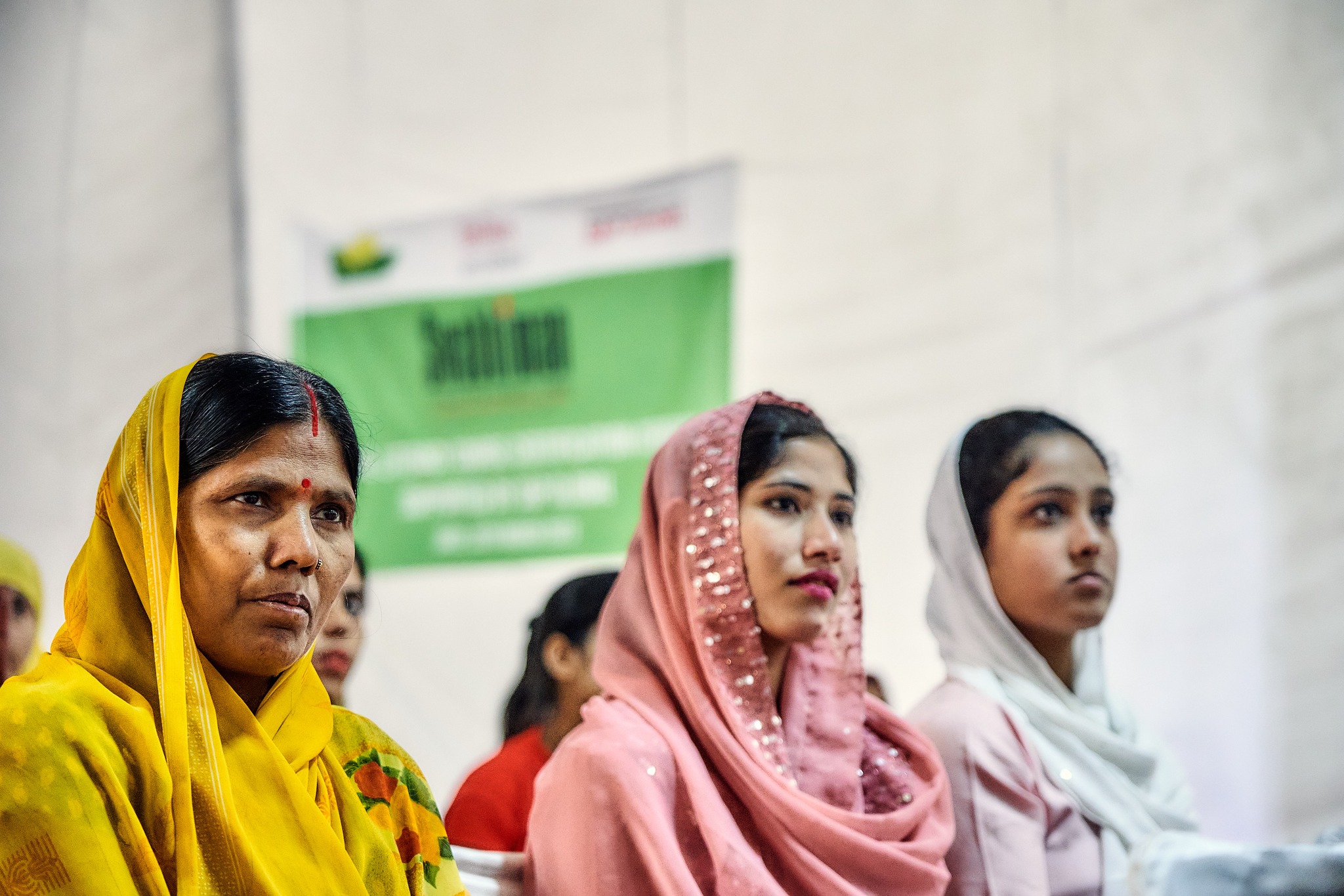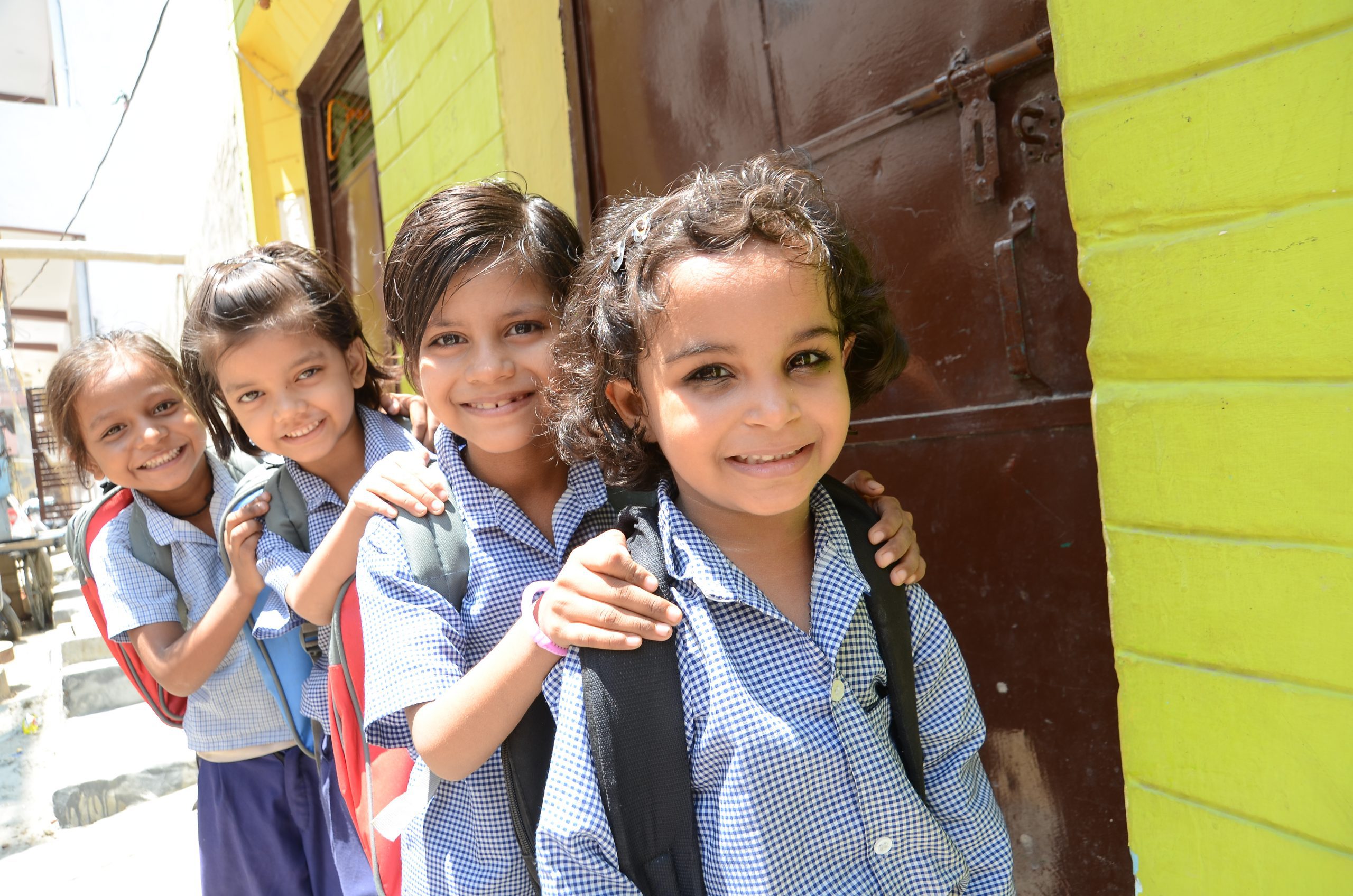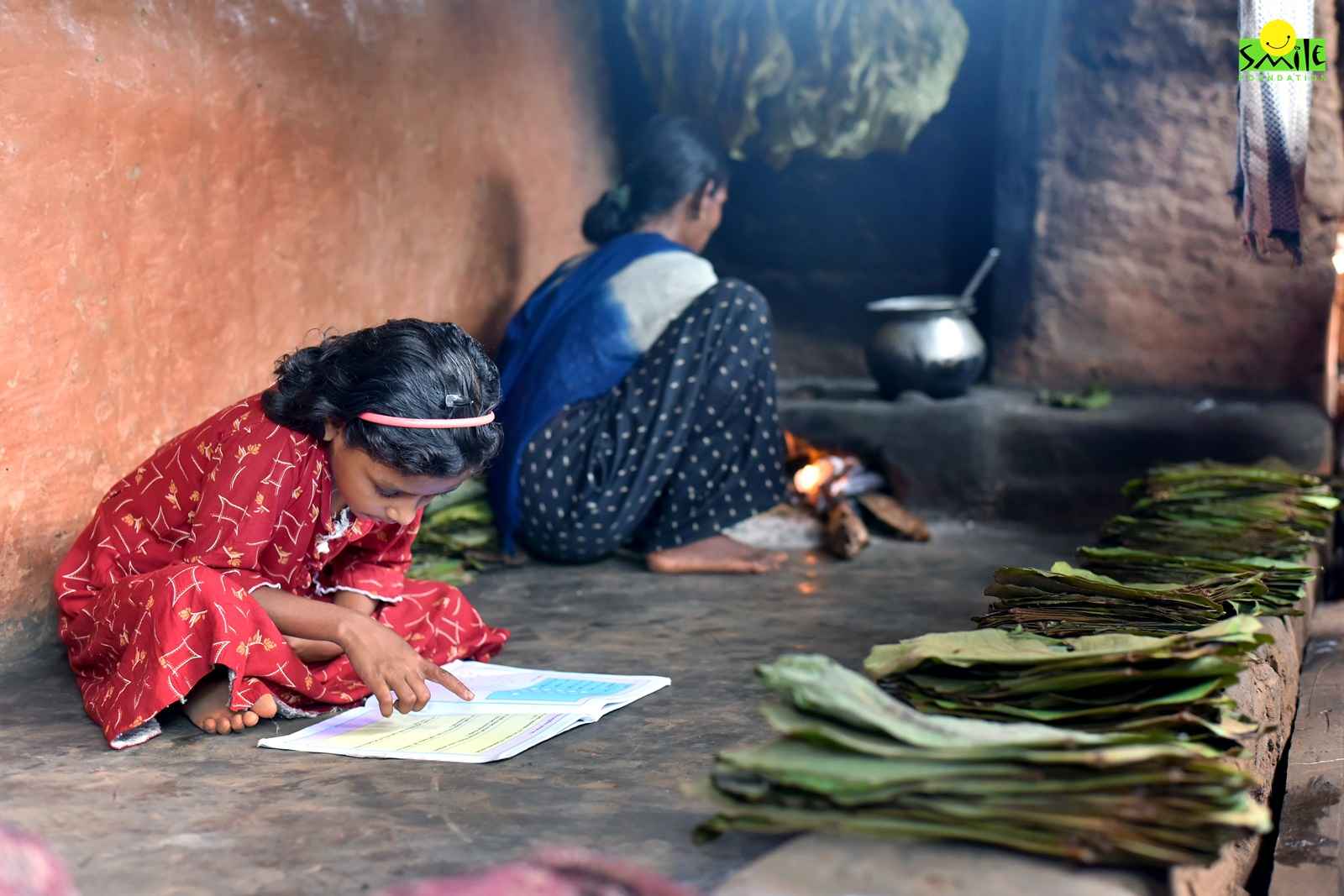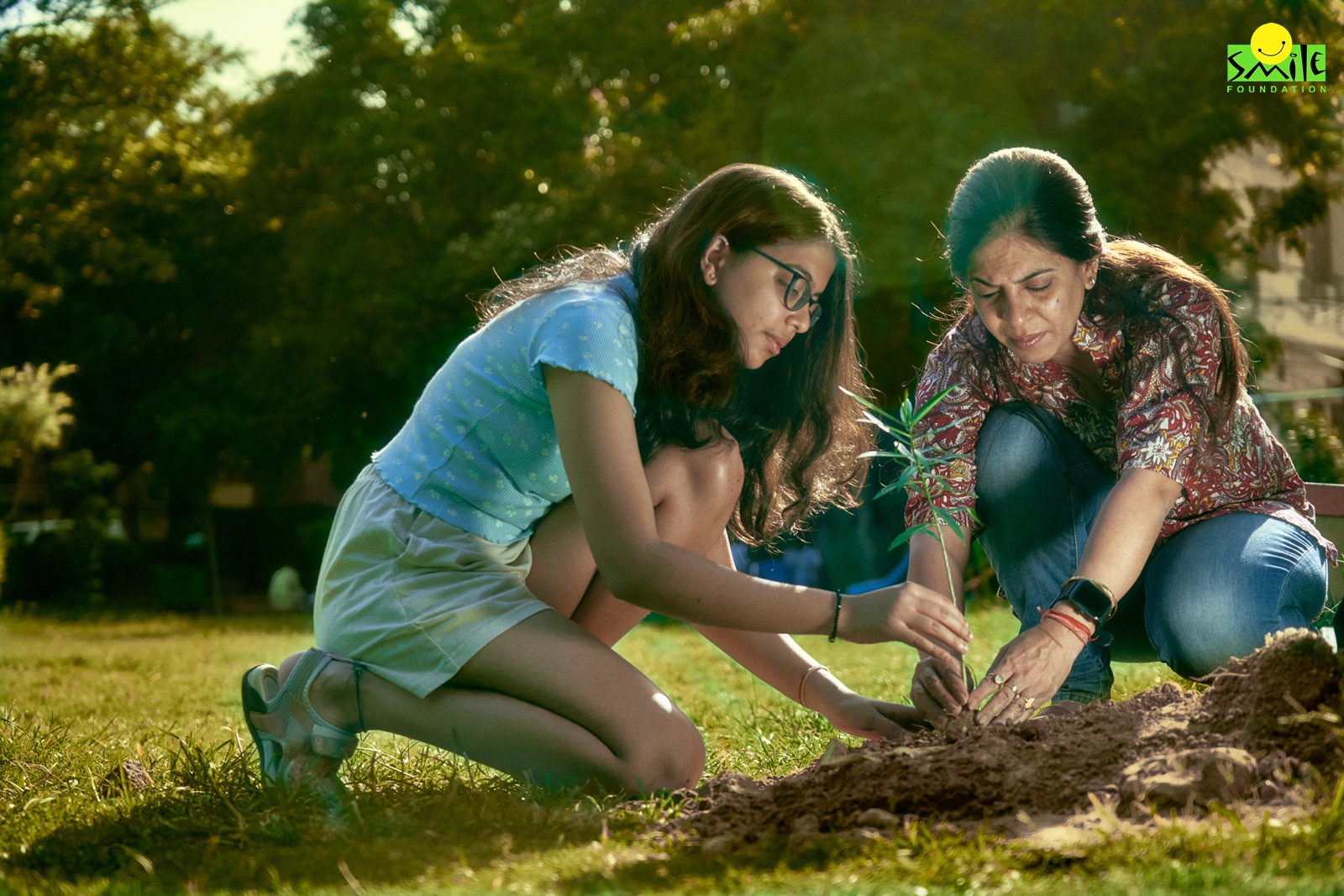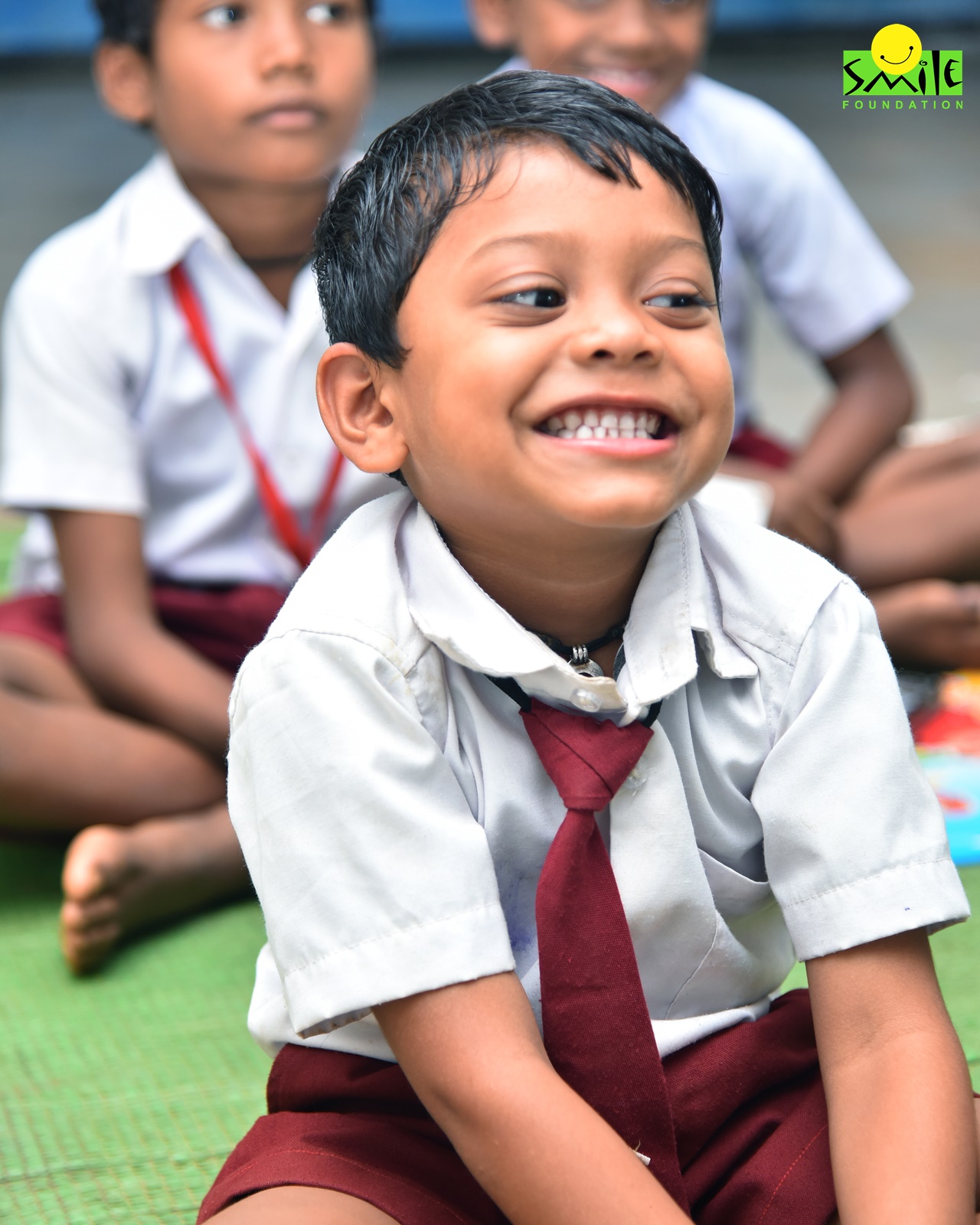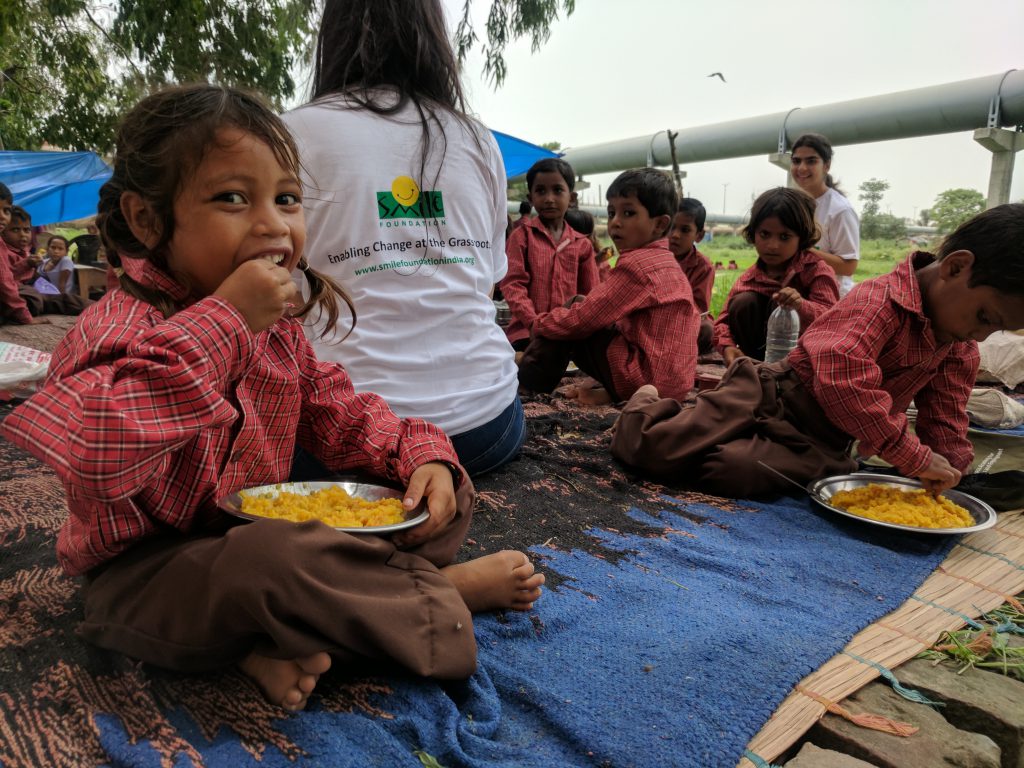“Gender equality is not only a fundamental human right but also a necessary foundation for a peaceful, prosperous, and sustainable world. There has been progress over the last decades, but the world is not on track to achieve gender equality by 2030.”
United Nations 2022
At the UN Sustainable Development Summit in September, the 17-goal 2030 Agenda for Sustainable Development was endorsed. The Sustainable Development Goals include provisions for women’s empowerment and gender equality. The UN has ranked “Gender Equality” as the fifth most feasible SDG out of all 17 SDGs, highlighting the crucial role that women’s empowerment plays in sustainable development.
Today, it is widely acknowledged that accomplishing the other 16 SDGs requires empowering women. The Global Gender Gap, which measures the inequality between men and women across the four main development pillars of health, education, economics, and politics, is consistent with the fifth aim of the SDGs.
India is a diverse country with more than 100 languages and over 700 tribes, and it contains the core of practically all major and minor global religions, despite the fact that it is still lurching towards gender equality. Indian civilization has always been a thriving centre of gender discrimination, and Indians have long been affected by patriarchal societies’ discriminatory viewpoints towards both men and women.
Achieving the goals of equality requires a holistic approach that takes into account the social, political, economic, and cultural factors that shape women’s experiences. The interdisciplinary field of women and society offers valuable insights and strategies for promoting women’s empowerment and advancing gender equality.
Gender Inequality in Numbers
- 16% of women worldwide live in countries where domestic violence is not criminalized.
- 13% of girls worldwide are married before the age of 18.
- Women make up only 27% of members of parliaments worldwide.
- To date, none of the 144 countries in the SDG Gender Index has achieved gender equality.
- In 2022, the World Economic Forum estimated that it will take 132 years to close the global gender gap
Understanding Women and Society
Women and society encompass the intersection of gender, social structures, and cultural norms that influence women’s lives. It is a field of study that recognizes that gender is a social construct that impacts various aspects of life, including education, work, health, and relationships. It acknowledges the diverse experiences of women and their intersectionality with other identities such as race, ethnicity, sexuality, and ability.
The field of women and society draws on a range of academic disciplines to provide a comprehensive understanding of gender inequality and women’s empowerment. Disciplines such as sociology, anthropology, psychology, history, political science, and economics contribute to this interdisciplinary approach. By examining the ways in which gender intersects with other forms of inequality, this field advocates for policies and practices that promote gender equality and women’s empowerment.
What is the Biggest Issue?
Despite progress in increasing access to education, gender discrimination continues to persist in India, highlighting the need for further efforts to improve women’s education. It can result in limited social mobility, uneven access to opportunities and resources, and detrimental effects on one’s physical, mental, and emotional well-being.
Individuals and their groups may experience emotions of exclusion, marginalisation, and isolation as a result of discrimination. Discrimination can deepen disparities, maintain current power relations, and impede social development.
The following are some of the main issues with prejudice against women:
- Gender-based violence: Because of their gender, women are more likely to encounter violence, harassment, and abuse. These include assaults that are physical, sexual, and psychological.
- Unequal Access to Education: Women may have difficulties obtaining an education, which reduces their chances of finding a job, achieving financial independence, and moving up the social ladder.
- Unequal Pay: Women frequently make less money than men for the same job, which can increase economic inequality and reduce their ability to support themselves. Women may have obstacles while trying to participate in political processes, such as running for office or having their opinions heard during deliberations.
- Limited Access to Healthcare: Women may have obstacles in getting the treatment they need, especially reproductive healthcare, which can have a significant impact on their health and well-being.
- Intersectional discrimination: Opportunities and experiences are limited for women who have many marginalised identities, such as those based on race, religion, ethnicity, sexual orientation, or physical ability.
What Needs To Be Done?
A holistic approach entails providing access to education, healthcare, economic opportunities, and legal support. It recognizes the importance of gender equality, breaking stereotypes, and challenging discriminatory practices and norms. It also emphasizes the need for inclusive policies and programmes that cater to the diverse needs of women and girls.
Women’s discrimination must be overcome with a long-term, multifaceted strategy. The following are a few strategies for combating prejudice against women:
- Education as a Foundation for Empowerment: Empowering young girls and women through education has proven to be a catalyst for change both globally and in India. Data shows that educated women are more likely to earn higher incomes, contribute to the economy, and make informed decisions for themselves and their families.
- Health and Well-being: A holistic approach to women empowerment considers the importance of healthcare services. By addressing maternal health, and reproductive rights, and combating gender-based violence, women can lead healthier lives and participate actively in society.
- Economic Empowerment: Economic empowerment plays a pivotal role in women’s overall empowerment. Numerous nonprofits and organizations focus on empowering women economically, thereby enabling them to be self-reliant and contributing members of society. Smile Foundation through its women empowerment programme, Swabhiman provides training, financial support, and resources to women, enabling them to start their own businesses or gain employment. Studies reveal that empowered women are more likely to invest in their families education and well-being, creating a positive cycle of change.
- Mental and Emotional Well-being: Empowerment isn’t just about external achievements; it’s also about inner strength. Addressing mental health challenges, promoting self-esteem, and offering a supportive environment are essential for holistic empowerment. Mental and emotional well-being fosters resilience, enabling women to overcome obstacles and reach their potential.
- Social Empowerment: A society that respects women’s rights and values their contributions is crucial for holistic empowerment. This involves challenging harmful gender norms, promoting gender equality, and creating safe spaces where women can express themselves freely. Initiatives that address violence against women and promote women’s participation in decision-making processes contribute to social empowerment.
Women’s empowerment is a multi-dimensional journey that requires a holistic approach. By addressing women’s physical health, education, economic opportunities, mental well-being, social status, and advocating for their rights, we can unlock their true potential.
When women are empowered, they become agents of positive change, contributing not only to their personal growth but also to the betterment of their families, communities, and society at large. A holistic approach to women empowerment paves the way for a brighter, more equitable future for all.



